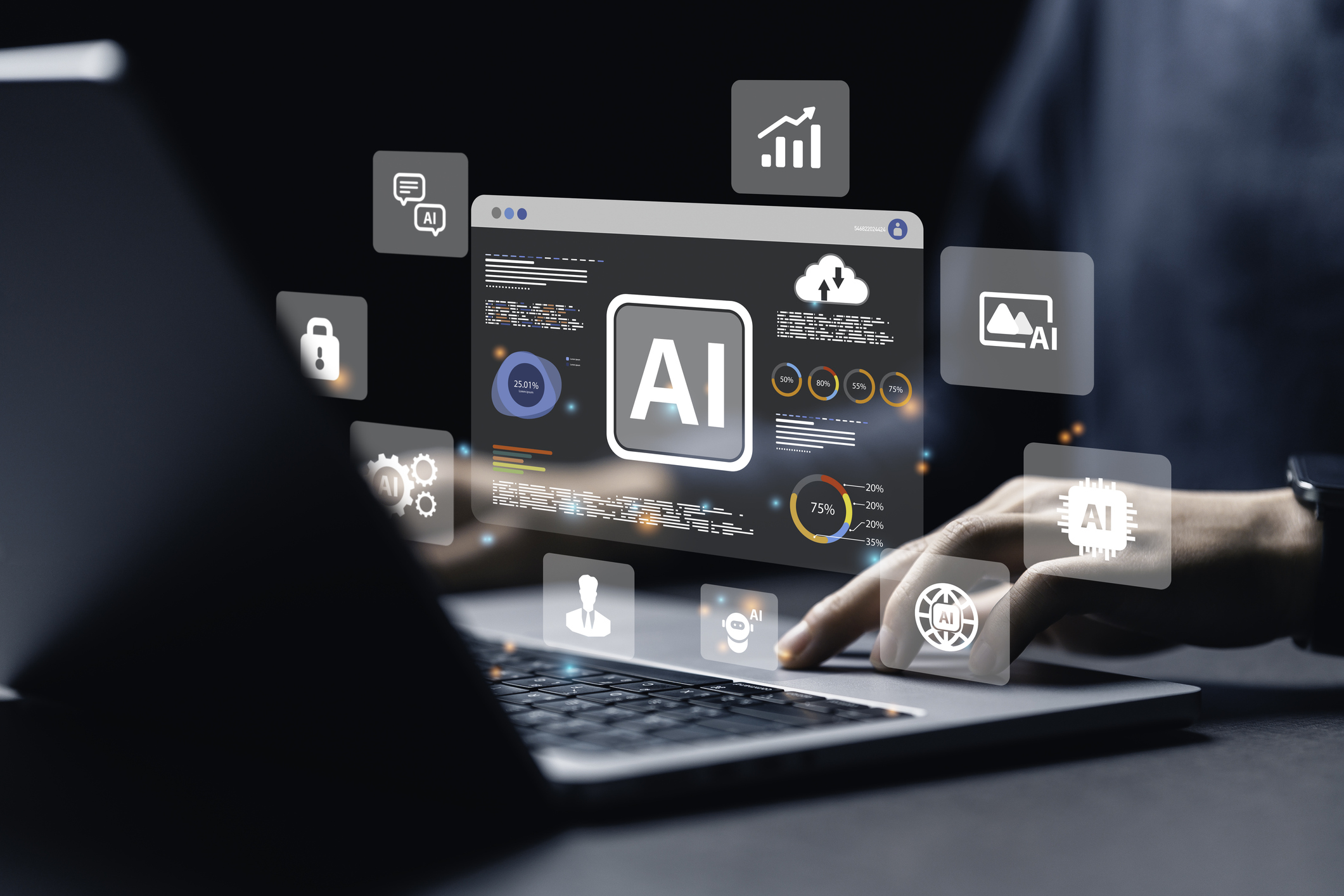In recent years, Artificial Intelligence (AI) emerged as a transformative force across various industries. Its potential to drive efficiency, innovation, and economic growth is widely recognized. However, beyond these advantages, AI is also playing a crucial role in leveling the playing field for workers, particularly for women and minorities. This technology is breaking down traditional barriers and creating new opportunities for those who have historically been underrepresented in leadership and high-level positions.
The Changing Landscape of Work
AI’s impact on the workforce is multifaceted, some early uses are profound, but many are much more subtle. One of the most significant changes is the automation of routine tasks, which frees up time for more strategic and creative activities. This shift is particularly beneficial for women, who often face more demands in balancing work and personal responsibilities. By automating mundane tasks, AI allows women to focus on higher-value work, enhancing their visibility and contributions within their organizations.
Moreover, AI-driven tools are democratizing access to knowledge and resources. Online learning platforms powered by AI can offer personalized education and training, enabling individuals to upskill and reskill at their own pace. This is crucial for women, and minorities, who may have less access to traditional education and professional development opportunities. With AI, the gap between those with access to extensive resources and those without is narrowing, allowing more people to compete on a level playing field.
Breaking Down Biases
Bias in hiring and promotion practices has long been a barrier for women, sometimes referred to as the glass ceiling. AI, when designed and implemented responsibly, can help mitigate these biases. For example, AI-powered recruitment tools can anonymize applications, focusing on skills and qualifications rather than gender, race, or other irrelevant factors. This can lead to more diverse and inclusive hiring practices, as decisions are based on merit rather than unconscious biases.
Furthermore, AI can analyze patterns in employee data to identify disparities in pay, promotion rates, and other key metrics. Organizations can use this information to address inequities and implement policies that support diversity and inclusion. By providing a clearer picture of where disparities exist, AI enables companies to take proactive steps to create a more equitable workplace.

Stay on Top of Market Trends
The Carson Investment Research newsletter offers up-to-date market news, analysis and insights. Subscribe today!
"*" indicates required fields
Empowering Entrepreneurs and Innovators
AI is also opening up new avenues for entrepreneurship and innovation. Women and minorities often face greater challenges in securing funding and resources to start their own businesses. However, AI-driven platforms and tools are making it easier to launch and grow startups. From automating marketing and customer service to providing insights into market trends, AI reduces the barriers to entry for aspiring entrepreneurs.
Additionally, AI is fostering a more inclusive innovation ecosystem. Diverse perspectives are crucial in developing AI technologies that serve a broad range of users. By including women and minorities in AI development, the industry can create more equitable and user-friendly solutions. This inclusivity not only benefits the technology but also ensures that the economic opportunities created by AI are more widely distributed.
The Road Ahead
While AI holds great promise for leveling the playing field, it’s important to recognize that technology alone cannot solve systemic inequalities. Indeed, examples of bias in AI have emerged based upon the data used to train the models. The design and deployment of AI systems must be carefully managed to avoid perpetuating existing biases. This requires a commitment from both the private and public sectors to invest in fair and ethical AI practices.
Women remain persistently underrepresented in the tech industry and for AI to succeed as an equalizing catalyst, it will take proactive actions to narrow this technology gap. As Maria Barisano, managing direction at BCG stated, “GenAI presents a unique opportunity to narrow the gender gap in the tech industry, but it requires proactive actions from both companies and the women employed by them1.” Governments, companies, and educational institutions must work together to ensure that women and minorities have the skills and opportunities needed to thrive in an AI-driven world. This includes supporting STEM education, promoting diversity in tech fields, and developing policies that encourage inclusive AI development.
AI is creating new pathways for women and minorities to rise to the top, despite the challenges posed by traditional hierarchies and resource disparities. By leveraging AI’s capabilities to democratize access to knowledge, reduce biases, and foster innovation, we can build a more inclusive and equitable future for all. The journey is far from over, but with thoughtful implementation and a focus on diversity, AI can be a powerful tool in breaking down barriers and leveling the playing field in the workforce.
For more content by Jake Bleicher, Portfolio Manager click here.
02371725-0824-A


